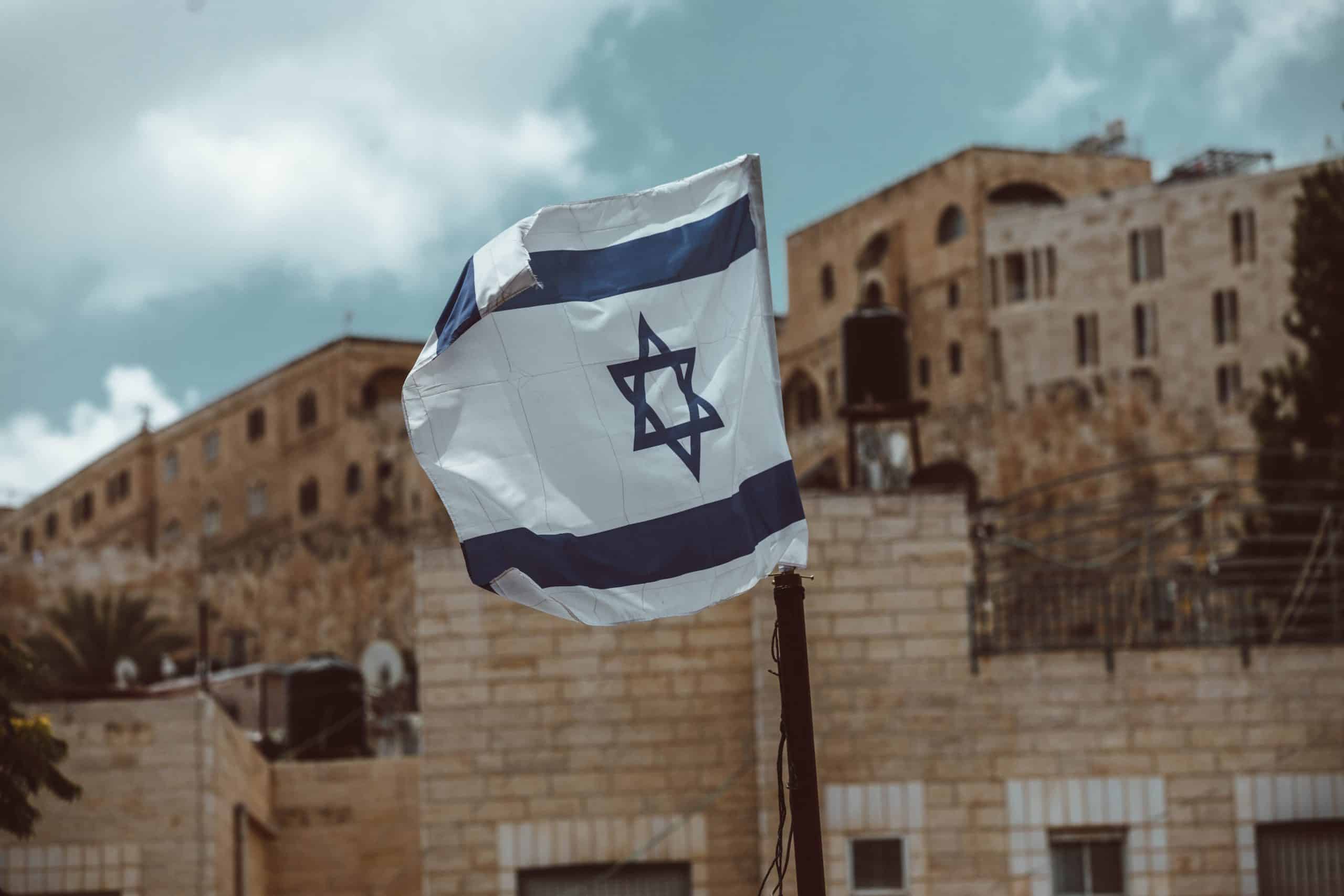Since the recent 11-day conflict involving Israel and Hamas, many stories circulating via traditional and social media have claimed Jerusalem to be operating as an apartheid state by inflicting violence and discriminatory practices on Palestinians. However, this coverage fails to recognize the truth, disregarding the positive influences Israel has had on Palestinians. Many of these stories also fail to discuss Israel’s ongoing peace efforts to normalize relations with Arab countries in the Middle East, seeking to promote greater regional security and cooperation.
During the conflict, international organizations and actors, including the Human Rights Watch, described Israel as an apartheid state, but it seems these groups and individudals fail to understand the concept of this system. The notion of apartheid first emerged in South Africa in 1948 when the National Party’s all-white government introduced legislation that established racial segregation across South African society until 1991. South Africa’s minority, white population used these regulations to maintain their economic, social, and political dominance and further their white supremacy ideology. As a result of these policies, Black South Africans and white South Africans rarely interacted with one another and did not share public spaces. While apartheid was a dark period in South Africa’s history, one that should be condemned, it is misleading to describe Israel as a parallel apartheid state for several reasons.
First, Israelis and Palestinians do not live in a segregated manner. In Israeli cities such as Lod, Ramle, Haifa, and Jaffa, Jews and Palestinians live side by side. Non-Jewish citizens of Israel, including those of Palestinian origin, also have the same rights as any other Jewish citizen of Israel. This includes the right to vote for and elect representatives in Israel’s parliament (known as the Knesset). Today, Arab citizens are well-represented in the Knesset, and Arab politicians are expected to be critical to the success of the recently formed coalition government in Israel. Indeed, Israel’s new government includes Islamist party, Ra’am, sitting alongside Prime Minister, Naftali Bennett, chief of the Yamina party.
This is a stark contrast to South Africa during apartheid, where the disenfranchisement of black voters was common practice. Some Palestinians can also work in Israel, another contradiction to apartheid-time South Africa, where white and black people in public spaces, including places of employment, were fully segregated. Many reports have also overhyped stories of violence by, for example, claiming the Israeli police are responsible for brutality against Palestinians, as occurred during apartheid in South Africa. However, these false representations fail to recognize the role of incitement and terrorism in these incidents.
Second, during apartheid, black South Africans were stripped of land and other critical resources and were often left to fend for themselves, even during major crises. Despite hostilities between Israel and Hamas, Israel puts tensions aside to provide the enclave with the essentials, something Hamas would never be able to provide. For example, the Israeli Electric Corporation (IEC) is responsible for supplying most of the electricity available in the Palestinian territories. In 2018, Israel inked a $775 million deal to transfer management of electricity distribution in the West Bank to the Palestinian National Authority. This interim self-government body assists in managing the Gaza Strip and West Bank areas. The deal would also result in the creation of four new power plants. This transfer was completed in October of last year, despite diplomatic tensions, and has helped stabilize the power supply in the West Bank, giving Palestinians more authority over their electricity supply and distribution.
Third, Israel has also provided humanitarian assistance to Gaza and the West Bank, despite ongoing conflict and provocations from protesters. For almost a decade, Israel has operated a humanitarian corridor that has allowed organizations such as the United Nations and the Red Cross to transfer perishable and staple food items to Gaza. According to the Israeli Ministry for Foreign Affairs, in 2009, the Israeli government transferred 738,576 tons of humanitarian aid and 4,883 tons of medical equipment and medicine to the Gaza Strip. 10,544 patients and their companions were also permitted to travel to Israel for medical treatment. The Israeli government also coordinates with Palestinian authorities to provide gas for domestic uses, water, sewage, and more. More recently, the Israeli government supports Gaza’s COVID-19 response by supplying medical services and attempting to share COVID-19 vaccines. This level of state-sponsored support is not aligned with the actions during apartheid in South Africa.
Lastly, in 2020, the United Arab Emirates (UAE), Sudan, Morocco, and Bahrain normalized relations with Israel, and Jerusalem has explored similar normalization treaties with other Arab countries. This demonstrates Israel’s willingness and desire to establish strong ties with Arabs in the region and undermines false claims that Israel’s agenda is founded on anti-Arab and anti-Muslim discrimination.
Despite these four critical differences between apartheid South Africa and Israel, media outlets and international organizations continue to paint Israel negatively due to the ongoing conflict with Hamas. Going forward, the international community must wake up to the fact that Israel wants peace but it cannot have it as long as it is surrounded by terrorist organizations who seek its destruction. Israel wants to enhance relations with its Arab neighbors, not remain enemies. It’s time for media organizations and celebrities to realize the truth on the ground.



















